On November 23
“There’s nothing better than excelling at a game you love. There’s nothing worse than thinking your accomplishments as a player outweigh your responsibilities as a person.”
~Doug Flutie
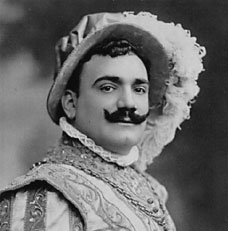
1903 – Singer Enrico Caruso made his American debut at the Metropolitan Opera House in New York, appearing in Rigoletto.

1936 – The first issue of the pictorial magazine Life was published, featuring a cover photo of the Fort Peck Dam by Margaret Bourke-White.
Life actually had its start earlier in the 20th century as a different kind of magazine: a weekly humor publication, not unlike The New Yorker in its use of tart cartoons, humorous pieces and cultural reporting.
When the original Life folded during the Great Depression, influential American publisher Henry Luce bought the name and re-launched the magazine as a picture-based periodical.
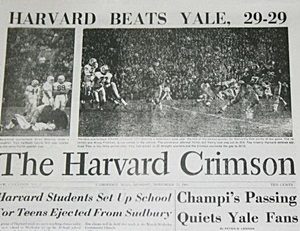
1968 – The Harvard Crimson “defeated” the Yale Bulldogs in a 29–29 football tie at Harvard Stadium in Boston, Massachusetts.
Harvard made what was considered a miraculous last-moment comeback, scoring 16 points in the final 42 seconds to tie the game.
The significance of the moral victory for Harvard inspired the next day’s Harvard Crimson student newspaper to print the famous headline “Harvard Beats Yale, 29–29”
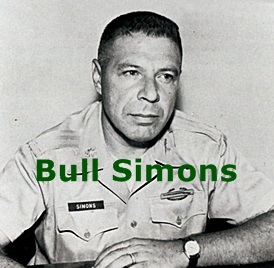
1970 – Secretary of Defense Melvin Laird disclosed the November 21 U.S. raid on the North Vietnamese prison camp at Son Tay.
A combined Air Force and Army team of 40 Americans – led by Army Colonel Arthur “Bull” Simons – conducted a raid on the Son Tay prison camp, just 23 miles west of Hanoi, in an attempt to free between 70 and 100 American suspected of being held there.
The raid was conducted almost flawlessly, but no prisoners of war were found in the camp. They had been moved earlier to other locations.
Although no prisoners were freed, it sent shockwaves thru the Vietnamese high command as American Special Forces were able to penetrate their defenses so close to Hanoi and raid a POW compound and escape without any loss to themselves.
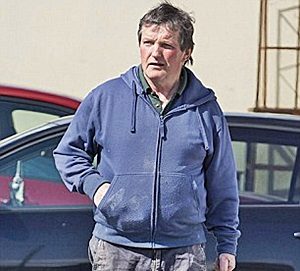
1979 – Thomas McMahon, a member of the Irish Republican Army (IRA), was sentenced to life imprisonment for preparing and planting the bomb that killed Lord Louis Mountbatten and three others three months before.
On August 27, 1979, Lord Mountbatten was killed when McMahon and other IRA terrorists detonated a 50-pound bomb hidden on his fishing vessel Shadow V. Mountbatten, a World War II hero, elder statesman, and second cousin of Queen Elizabeth II, was spending the day with his family in Donegal Bay off Ireland’s northwest coast when the bomb exploded. Three others were killed in the attack, including Mountbatten’s 14-year-old grandson, Nicholas.
Later that day, an IRA bombing attack on land killed 18 British paratroopers in County Down, Northern Ireland.
The assassination of Mountbatten was the first blow struck against the British royal family by the IRA during its long terrorist campaign to drive the British out of Northern Ireland and unite it with the Republic of Ireland to the south.
The attack hardened the hearts of many Britons against the IRA and convinced Margaret Thatcher’s government to take a hardline stance against the terrorist organization.
McMahon was released in 1998.

1980 – An earthquake struck Southern Italy, killing more than 3,000 people.
The casualty toll was so high in part because the tremor struck during Sunday night mass, as many residents sat in churches that crumbled in the quake.
The 7.2-magnitude quake struck at 7:34 p.m. on a Sunday night and was centered in Eboli, south of Naples. In nearby Balvano, children were preparing for their first communion at the 1,000-year-old Conza Della Compagna church. The violent shaking demolished the church and killed scores of people, including 26 children.
Throughout Southern Italy, fires broke out when gas lines ruptured. Since much of the area’s water supply was disrupted by broken piping, firefighting efforts were severely hampered.
In addition, extensive damage to the roads and railways leading into the small villages that dominated the region slowed down the rescue and relief efforts. To make matters even worse, a heavy fog blanketed the area that evening and the following morning.
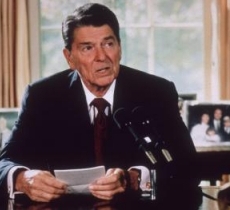
1981 – President Ronald Reagan signed off on a top secret document, National Security Decision Directive 17, which gave the Central Intelligence Agency the power to recruit and support a 500-man force of Nicaraguan rebels to conduct covert actions against the leftist Sandinista regime in Nicaragua.
A budget of $19 million was established. NSDD-17 marked the beginning of official U.S. support for the so-called Contras in their struggle against the Sandinistas.
Beyond the original goal of halting the flow of arms from Nicaragua, the tasks of the rebels were expanded to include spy missions and even paramilitary actions inside Nicaragua.
News of the directive leaked out to the press in March 1982, but Reagan administration officials quickly downplayed the significance of the action. They argued that the CIA plan was designed to support Nicaraguan “moderates” who opposed the Sandinista regime, not the disreputable former soldiers and allies of Anastasio Somoza, whom the Sandinista overthrew in 1979.
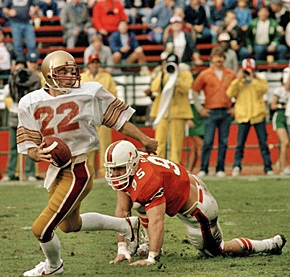
1984 – The “Hail Flutie” … one of the most iconic moments in the history of college football.
Boston College quarterback Doug Flutie threw a 48-yard touchdown pass to Gerard Phelan as time expired to lead the Eagles to a miracle 47-45 win over the University of Miami.
With six seconds left in the game, Flutie scrambled to his right, narrowly averting a sack. He threw the football from his own 37, requiring the 5′ 9″ quarterback to throw the ball 63 yards (he threw it 64) against 30 mph winds. Phelan was virtually unguarded as the ball came straight down over a mass of Miami players standing a few yards in front of him.
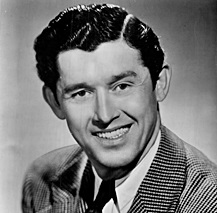
1992 – Roy Acuff died of congestive heart failure at the age of 89.
Known as the “King of Country Music”, he joined the Grand Ole Opry in 1938 and remained one of the Opry’s key figures and promoters for nearly four decades.
Among his biggest hit songs were Wabash Cannonball, The Great Speckled Bird and Night Train To Memphis.
In 1962, Acuff became the first living inductee into the Country Music Hall of Fame.
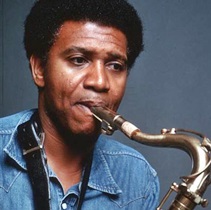
1995 – Autry “Junior” Walker died of cancer at the age of 64.
He was a saxophonist and vocalist, who with his group, Junior Walker & The All Stars, reached #4 on the Billboard Hot 100 in 1965 with <Shotgun, and then did it again in 1969 with What Does It Take (To Win Your Love).
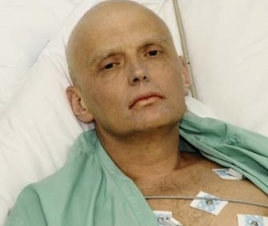
2006 – Former KGB spy Alexander Litvinenko died in London from radiation poisoning after making a deathbed statement blaming Russian President Vladimir Putin.
Two weeks earlier, he had accused Putin of ordering the murder of Russian journalist Anna Politkovskaya in October 2006.
After Litvinenko’s death, Marina Litvinenko, aided by biologist Alexander Goldfarb, pursued a vigorous campaign for an inquest into her husband’s death to be conducted by a coroner in London.
A public inquiry began in January 2015 and concluded one year later. It was the finding of the inquiry that Litvinenko’s murder was “probably personally approved by Vladimir Putin and Nikolai Patrushev,” who was at the time Director of Federal Security Service.
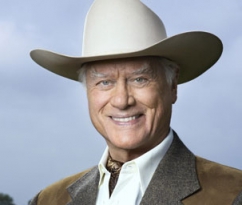
2012 – Actor Larry Hagman died of complications from acute myeloid leukemia. He was 81.
The son of actress Mary Martin starred in I Dream Of Jeannie and Dallas.
Compiled by Ray Lemire ©2023 RayLemire.com / Streamingoldies. All Rights Reserved.